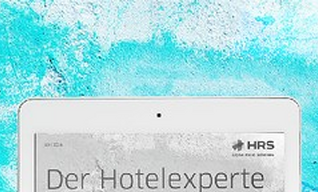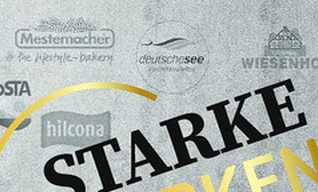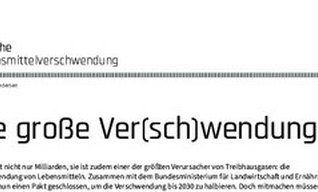
Anke Pedersen
Kempen
-
Noch keine BeiträgeHier wird noch geschrieben ... bitte schaue bald nochmal vorbei

Anke Pedersen
-
reise
-
wirtschaft
-
it
-
konzeption
-
portrait
-
hotellerie
-
destinationen
-
travel
-
content management
-
business travel
-
mobility
-
travel management
-
success story
-
sustainabiity
Als Wirtschaftsjournalistin für Zeitschriften und (Fach-) Magazine wie das Handelsblatt, die Wirtschaftswoche, working@office, Wirtschaft im Südwesten u.a. habe ich Menschen, Unternehmen und Ideen rund um den Globus kennengelernt, ihre Geschichten hinterfragt, eingeordnet und erzählt. Stets im Gepäck dabei: die Kernthemen Mobilität, Digitalisierung, Kundenorientierung und Nachhaltigkeit.
Auftraggeber
GOPEX - Go 4 Operational Excellence
Weitere Profile
Fehler!
Leider konnte der Artikel nicht gefunden werden.
We can't find the internet
Attempting to reconnect
Something went wrong!
Hang in there while we get back on track









